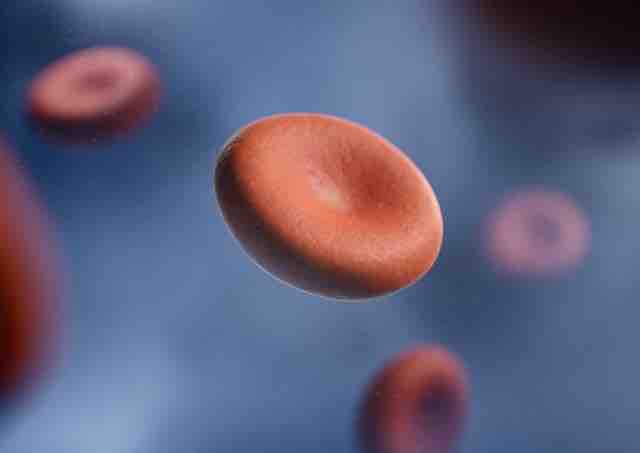The aftermath of Covid-19 continues to surprise researchers with its multifaceted effects on the human body. One puzzling phenomenon that has emerged is the occurrence of post-Covid brain fog. While the virus is primarily known for its respiratory symptoms, a growing body of evidence suggests that it could also affect the neurological system, possibly through the formation of blood clots. In this article, we delve into the potential relationship between blood clots and post-Covid brain fog, shedding light on the mysteries that linger long after the initial infection.
Understanding Post-Covid Brain Fog
Post-Covid brain fog, also referred to as “Covid brain” or “Covid cognitive impairment,” is a term used to describe a range of neurological symptoms experienced by individuals who have recovered from Covid-19. These symptoms include difficulty concentrating, memory lapses, confusion, and a general feeling of mental fogginess. While the exact mechanisms behind these symptoms remain uncertain, researchers are exploring various avenues to uncover potential causes, and one compelling contender is the formation of blood clots.
The Clotting Connection
Blood clotting is a natural process that prevents excessive bleeding when injuries occur. However, in some cases, this process can go awry, leading to the formation of clots in blood vessels. Covid-19 has been shown to trigger a hyperactive immune response in some individuals, causing the blood to become more prone to clotting. These clots can affect various parts of the body, including the brain.
When blood clots form in brain vessels, they can disrupt normal blood flow and oxygen delivery, potentially leading to a range of neurological symptoms. This disruption might explain the cognitive issues experienced by post-Covid individuals. Some researchers believe that these clots could block or reduce blood flow to specific brain regions responsible for cognitive function, resulting in the foggy mental state reported by many patients.
Emerging Research
Recent studies have started to provide insight into the potential link between blood clots and post-Covid brain fog. Research conducted on autopsied brain tissue of individuals who died from Covid-19 revealed the presence of microclots in small blood vessels within the brain. These microclots could contribute to the cognitive impairments observed in post-Covid patients. Additionally, brain imaging studies have shown evidence of inflammation and blood vessel abnormalities in Covid-19 survivors, further supporting the clotting hypothesis.
Implications and Future Directions
The growing body of evidence linking blood clots to post-Covid brain fog has significant implications for patient care and treatment strategies. If blood clotting plays a substantial role in the cognitive symptoms experienced by Covid-19 survivors, healthcare professionals might consider anti-coagulation therapy as a potential treatment avenue. However, more research is needed to fully understand the relationship between blood clots and cognitive impairment, as well as to determine the appropriate treatment approaches.
As our understanding of Covid-19 continues to evolve, it becomes clear that its effects extend beyond the respiratory system. The enigma of post-Covid brain fog underscores the complexity of the virus and its potential to impact various organs and systems, including the brain. While the connection between blood clots and cognitive impairment is still being explored, it offers a promising avenue for further research and potential interventions. As scientists work diligently to unravel the mysteries surrounding this condition, healthcare providers and patients alike can look forward to a better understanding and more effective management of post-Covid brain fog.












